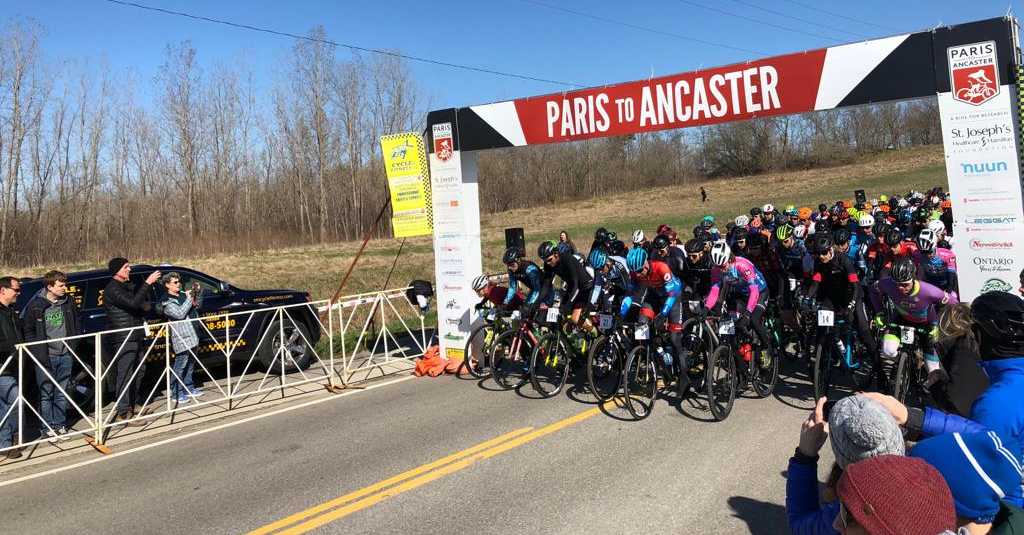
Paris to Ancaster is the biggest gravel grinder bike race in Canada. It’s in 8 weeks and I need to get in shape. AI Endurance can predict race performance and create a training plan which is optimized to my training responses. It predicts that I can increase my FTP by 14% to 293 Watts on race day with just 3.5 hours of training a week.
Paris to Ancaster (P2A) is a 75 km bike race from Paris (in Ontario - not France) to Ancaster (a suburb of Hamilton, the home of AI Endurance). There are also 45 km and 20 km options. It is inspired by the famous Paris-Roubaix race with changing surfaces and unpredictable spring weather. Surfaces constantly change between gravel roads, tarmac roads, farm fields, rail trail and finally the infamous mud chute and the Martin Road climb.
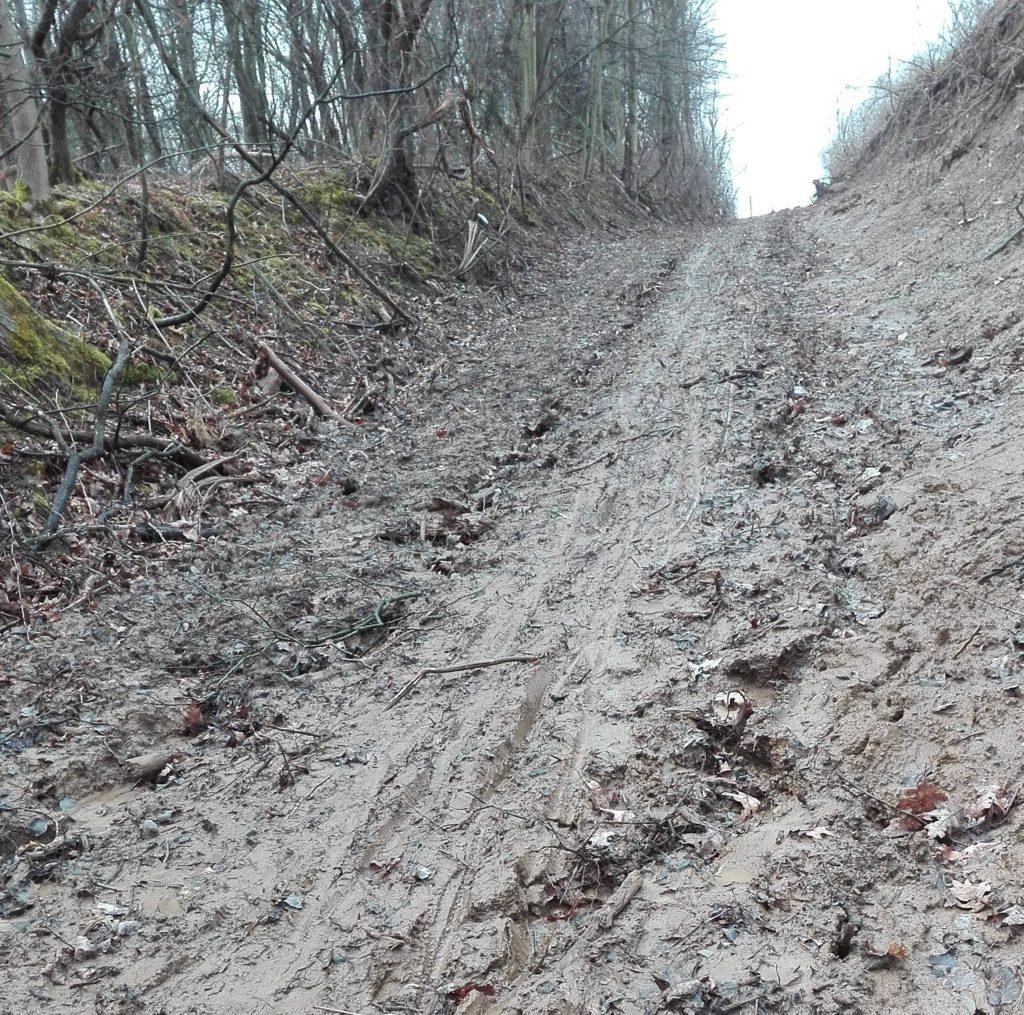
2020 is the 27th event, making it way ahead of its time, established long before gravel events were cool. While being mainly a local race in the early years, it is now attracting a stacked field ranging from average riders to professional cyclists. The 2019 edition had a few professional teams attending (e.g. Floyd’s Pro Cycling, X-Speed United, Norco Factory Team) and no doubt the 2020 field will as well.
I love this race. I’m mainly a triathlete myself and as the triathlon season doesn’t start till the summer, P2A gives me a reason to train my cycling during the winter. And it’s so much fun. Everytime you are about to settle into a rhythm, you hit the next sector and the entire race dynamic changes.
I like that you don’t ride in a large group almost ever except for in the first 9 km and the composition of the small groups is constantly changing. It’s almost like a (team) time trial as you are always chasing the next group between cyclocross sectors that are challenging your handling skills and are different every year. There is no moment to ease up, making sure you hit that final hill completely gassed and even though it’s just a few minutes, 15% on loose gravel feels like it never ends. The reward is the finish line where you get to see your family and friends and relive those race moments and banter over a post race snack. The organization is top notch.
I’ve done the race for the past three consecutive years since moving to Canada.
2017: In my first year my front wheel flatted with 2 km to go which meant I had to finish the race on foot.
Placing: 77/1426 (started 2. wave).
Performance: 228 W Avg Power (including run)/264 W Normalized Power (NP) for 2:23:04. FTP 300 W (4.2 W/kg) on 6 hours/week training.
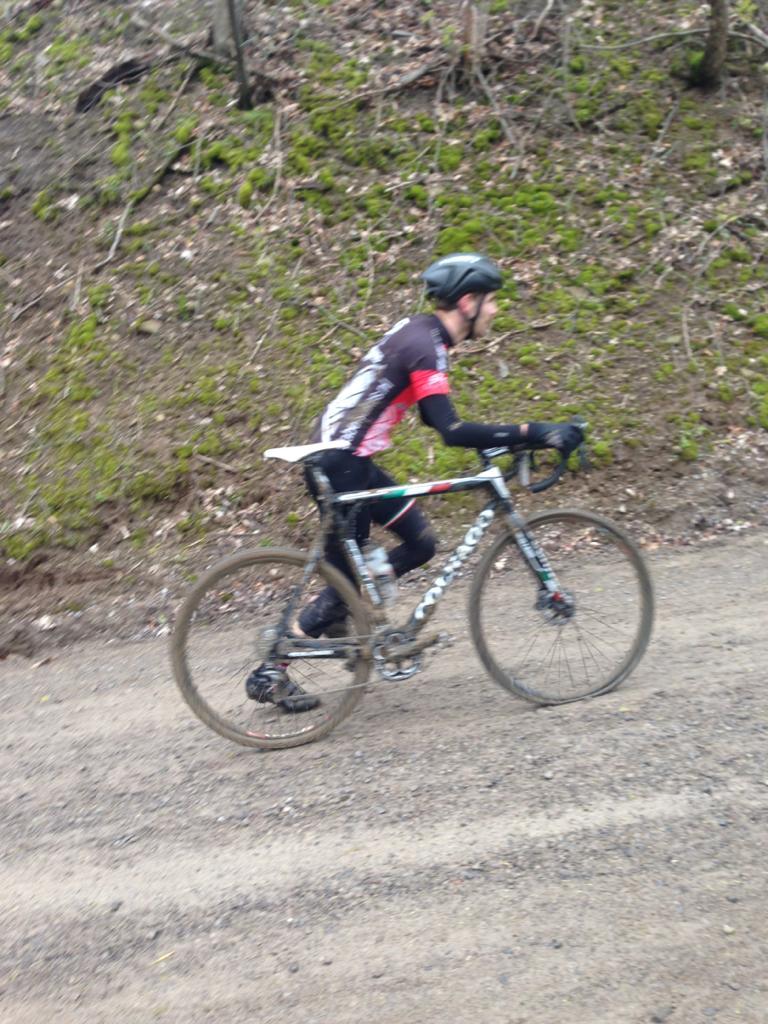
2018: Not having a great day and forgetting to eat and drink (excuses, excuses,...). Hit the wall with 10 km to go.
Placing: 64/1623 (started elite wave).
Performance: 230 W Avg Power/253 W NP for 2:25:56. FTP 310 W (4.3 W/kg) on 6 hours/week training.
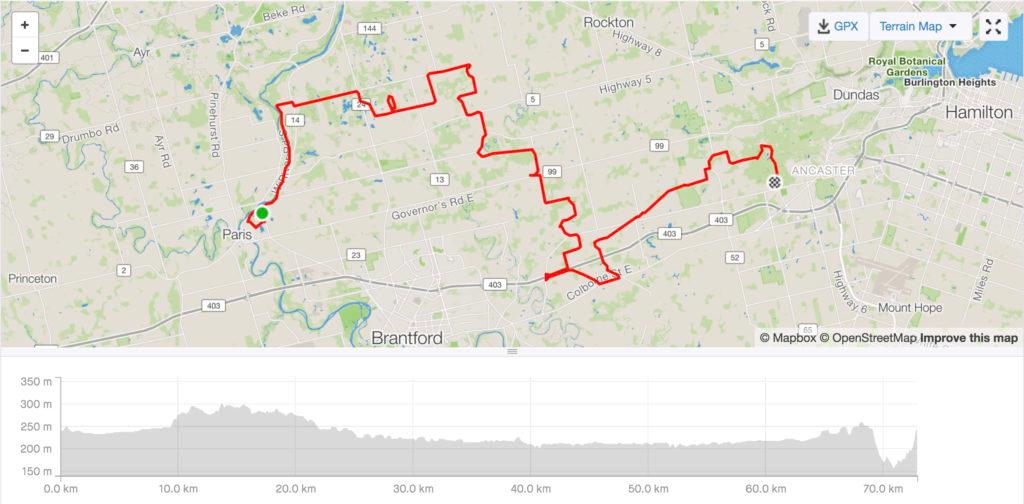
2019: Everything came together last year. Probably couldn’t have gone better for my level of fitness and handling skills.
Placing: 54/1560 (started elite wave).
Performance: 247 W Avg Power/269 W NP for 2:17:27. FTP 300 W (4.2 W/kg) on 5 hours/week training.
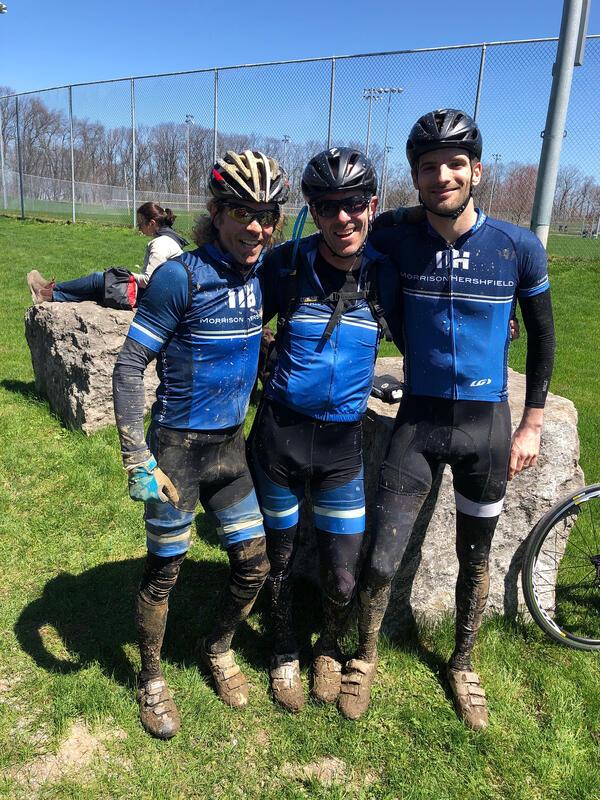
I haven’t been training nearly as much as in previous years, as things with AI Endurance have been busy. While I was on the bike for a total of 9 hours over the past three month in the past three years it was about seven times as much.
I tested my FTP last week and I’m currently at 256 W (3.5 W/kg). I can’t realistically commit to much more than 3 hours/week of training leading up to the race but I still want to be as competitive as possible on race day.
Fitness for P2A is mainly about FTP as the mostly flat course and the small groups and slow surfaces make you keep constant pressure on the pedals. The duration of 2-2.5 hours makes it a sweetspot kind of effort.
So which training gives me the biggest bang for my buck?
Which intervals should I do and how many?
How much rest?
How many easy rides?
How much should I taper before the race?
AI Endurance takes the guesswork out of this exercise and gives me a plan that is specific to me, not just a one-size-fits-all plan. The algorithm tries out thousands of different combinations of intervals, etc, looking for the plan that predicts the largest FTP gains for me. It can predict the outcome of each training plan because the AI algorithm learns how I individually respond to different types of training based on my entire past training data.
The predicted outcome is that I can achieve a whooping 14% increase in 8 weeks until P2A leading to an FTP of 293 W (4.1 W/kg) on race day by optimising my training with AI Endurance. That is only 2-5% off my FTP in the last three years, with only half the training time and almost no training so far this year.
AI Endurance tells me how my FTP is going to evolve over the next weeks, if I follow the training plan (AI Endurance’s race predictor explained).
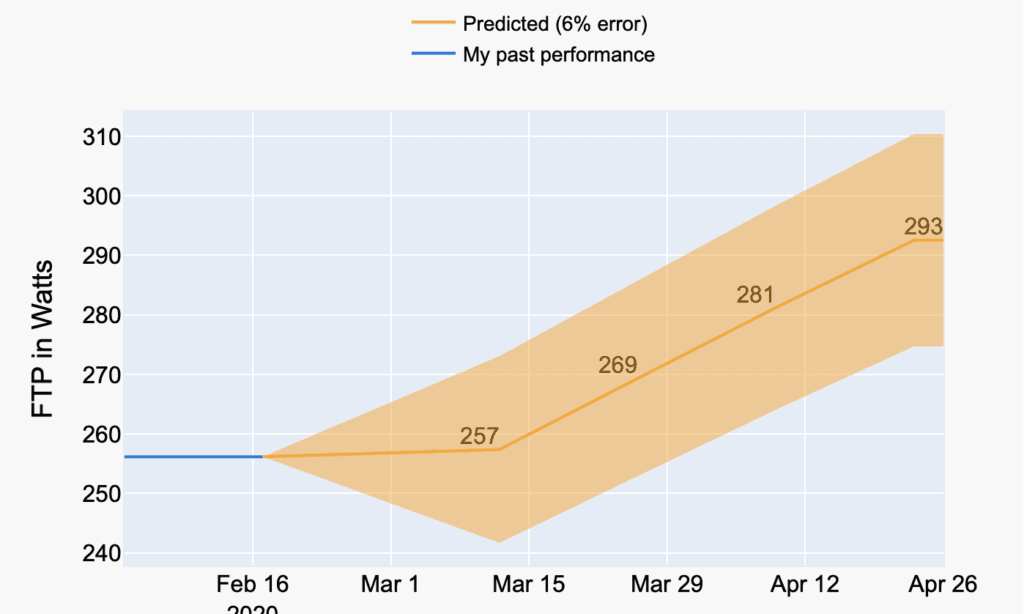
Next week’s blog will dive deeper into the training plan. Also, you will be able to read here how my actual race day performance compares to the prediction. Meanwhile, you can predict race performance and test what’s the optimal training for you to get in the best possible shape for P2A!
Stay tuned!
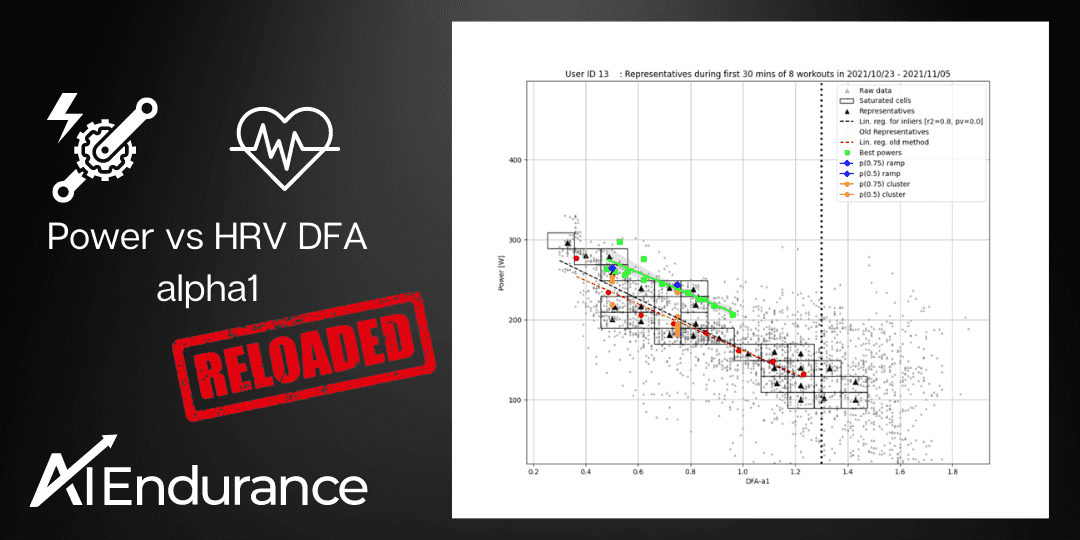
by Stefano Andriolo. Building on previous work, we refine a method to accurately determine the relationship between DFA alpha 1 and power. This method can be used to track fitness and thresholds of an athlete. We find in some cases ramp detection tends to overestimate thresholds, a finding mirrored in recent physiological papers. On the other hand, thresholds based on clustering of DFA alpha 1 values tend to agree well with this new method. We propose a hybrid lab and everyday workout experiment to further study the relationship.
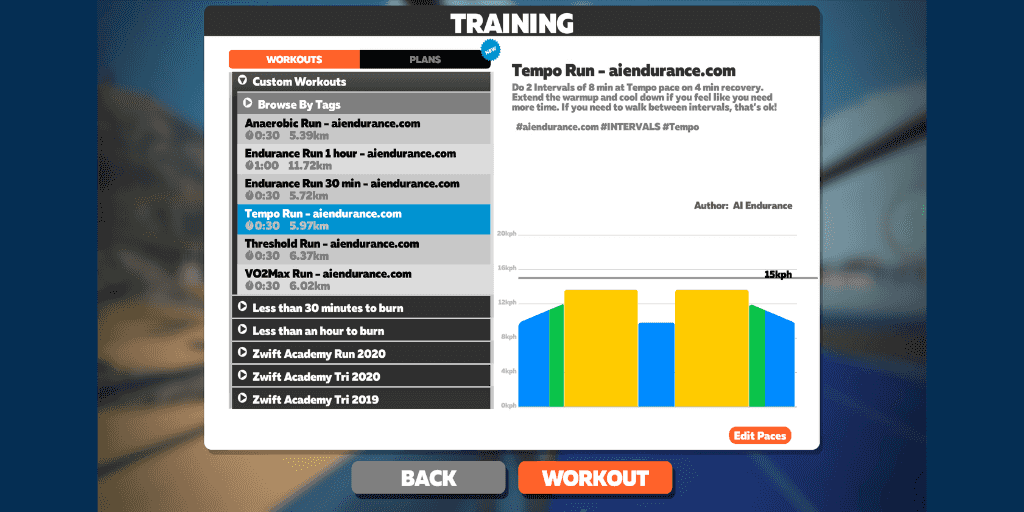
Use Zwift running workouts to increase your running pace with a data-driven, personalized and predictive Zwift running training plan from AI Endurance.
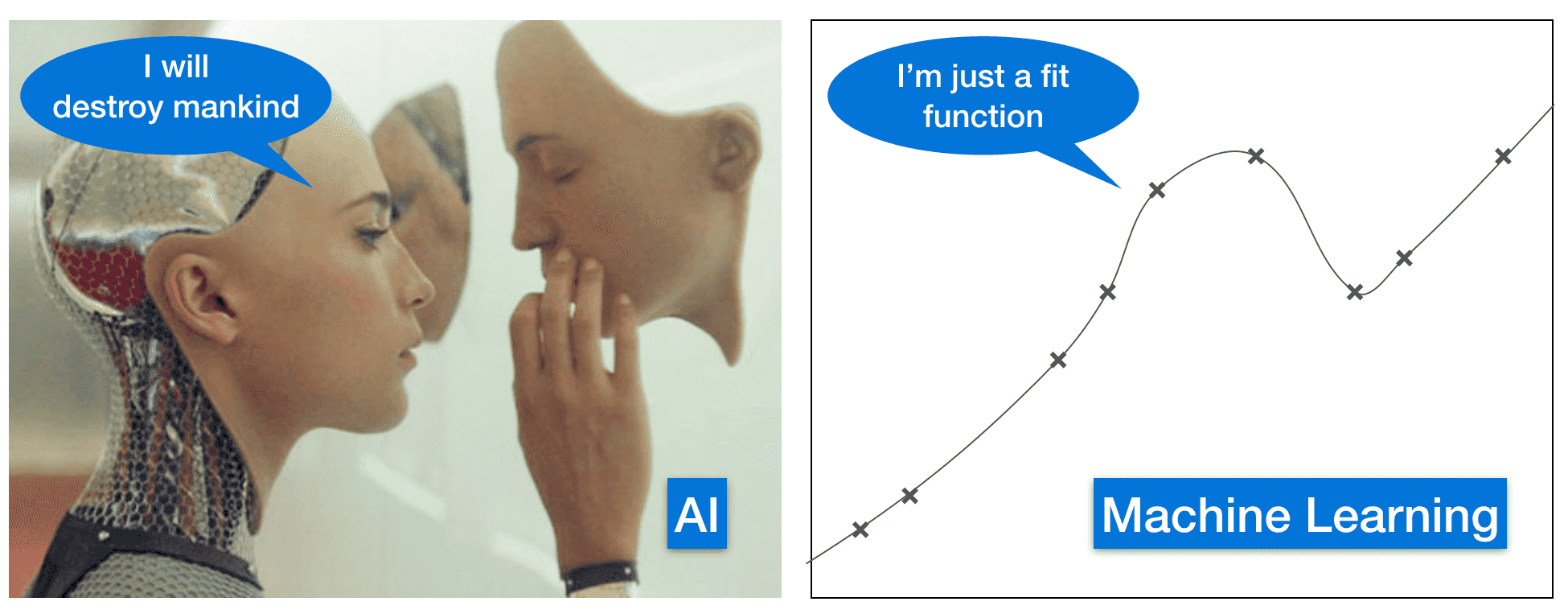
AI has great potential to help us as endurance athletes improve our training. In this post we will discuss how AI endurance training works.

by Grant Paling. In his last blog post in a series of three, "I don’t really know how I’m doing," Grant reflects on self-assessment and personal growth, emphasizing the role of AI Endurance in setting realistic goals and predicting performance in triathlons.